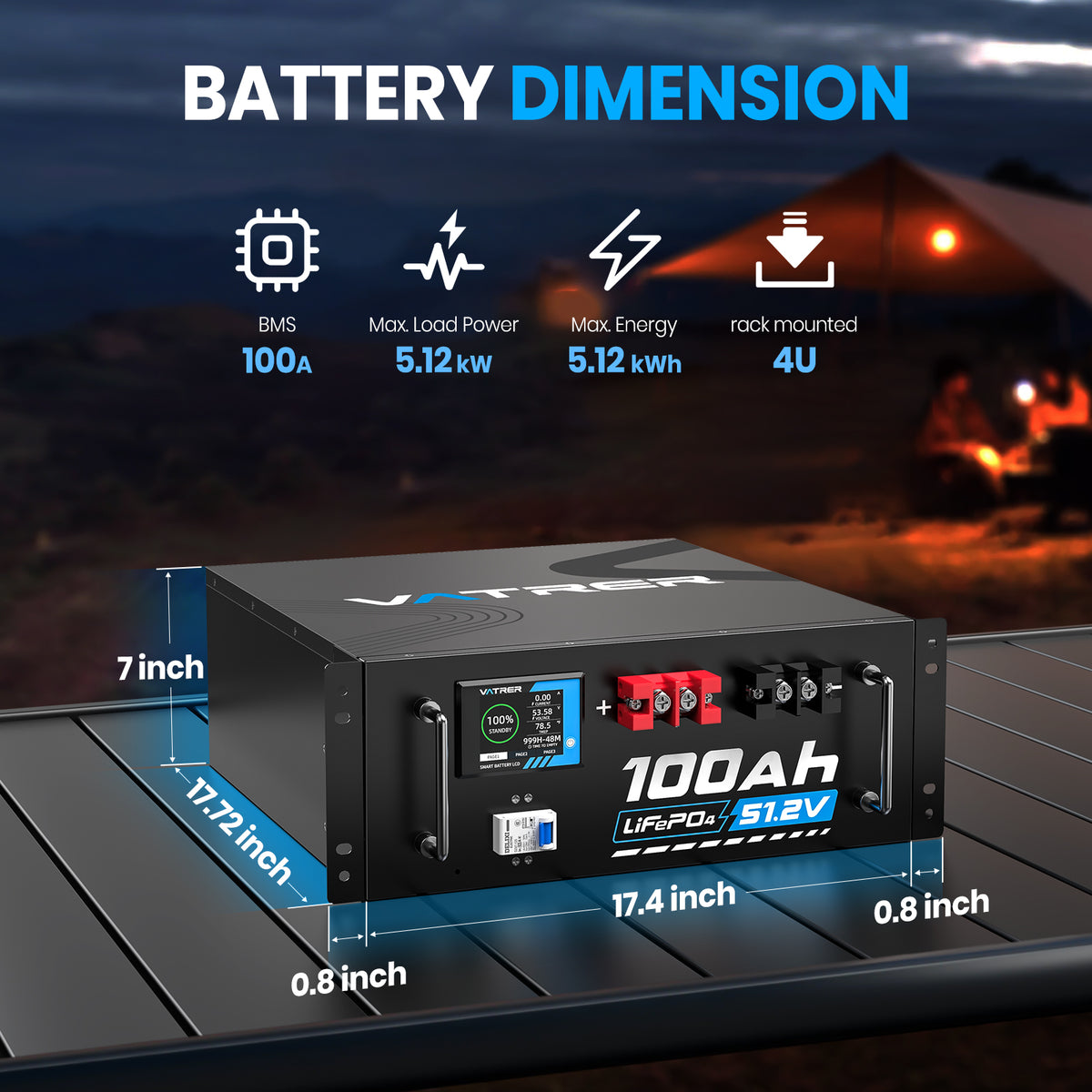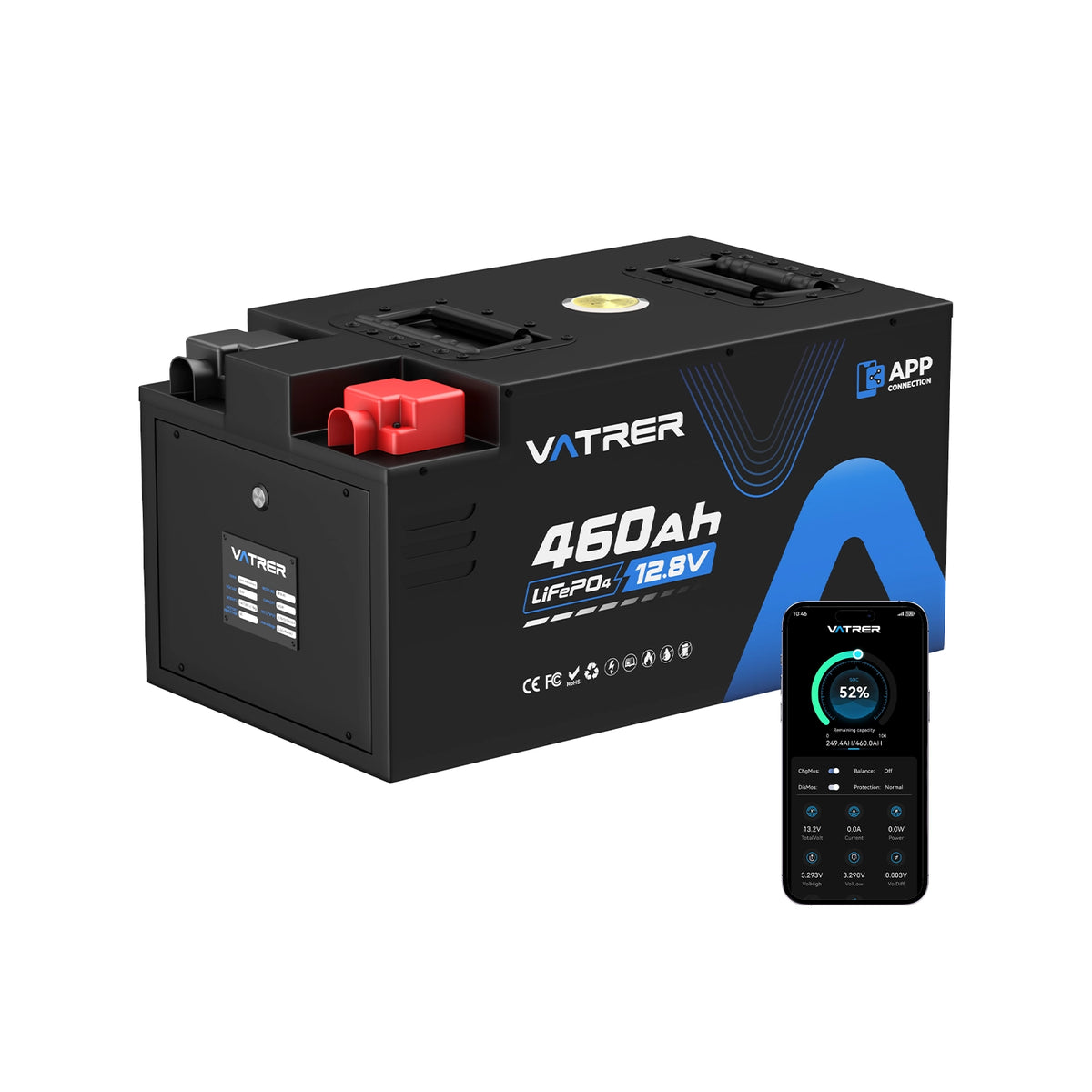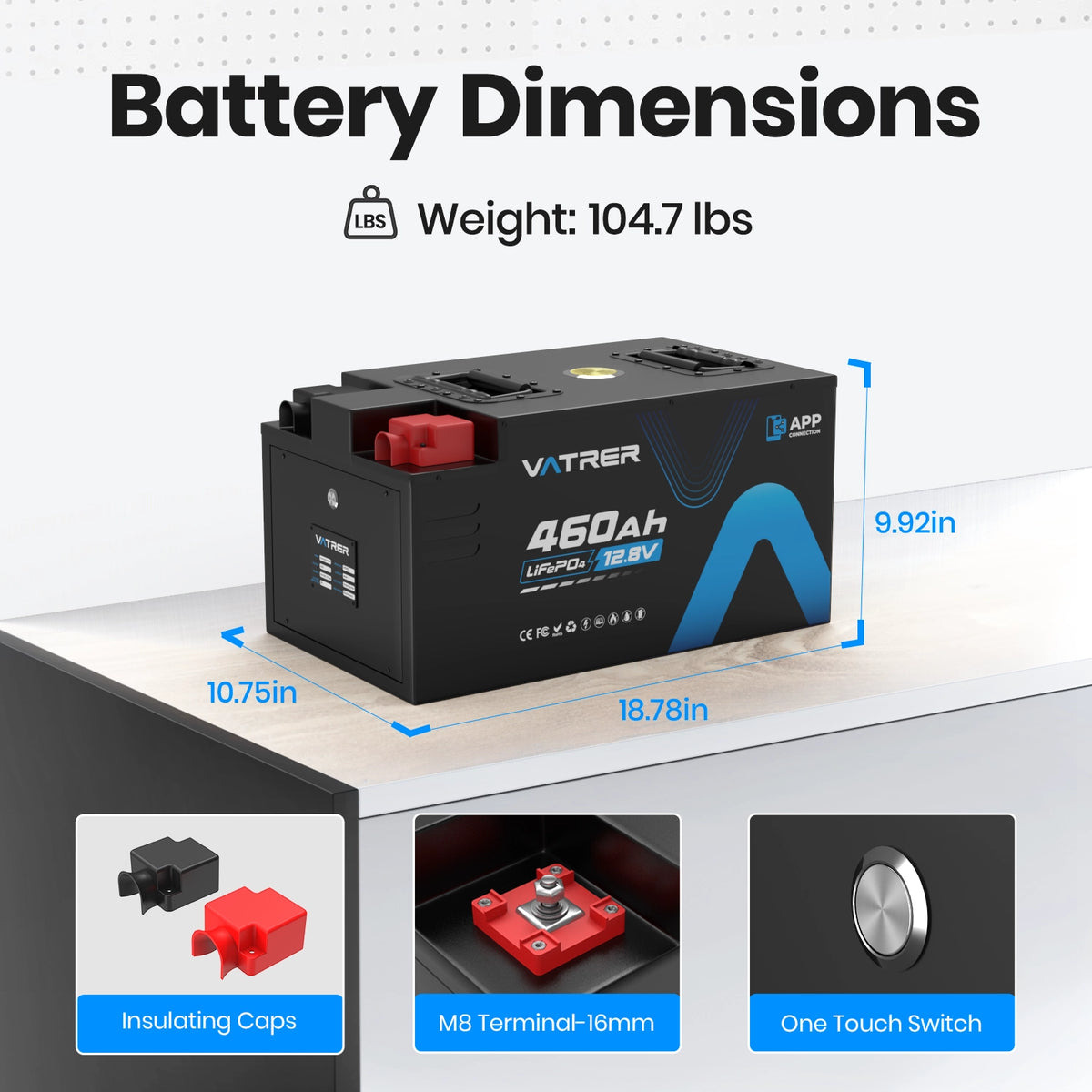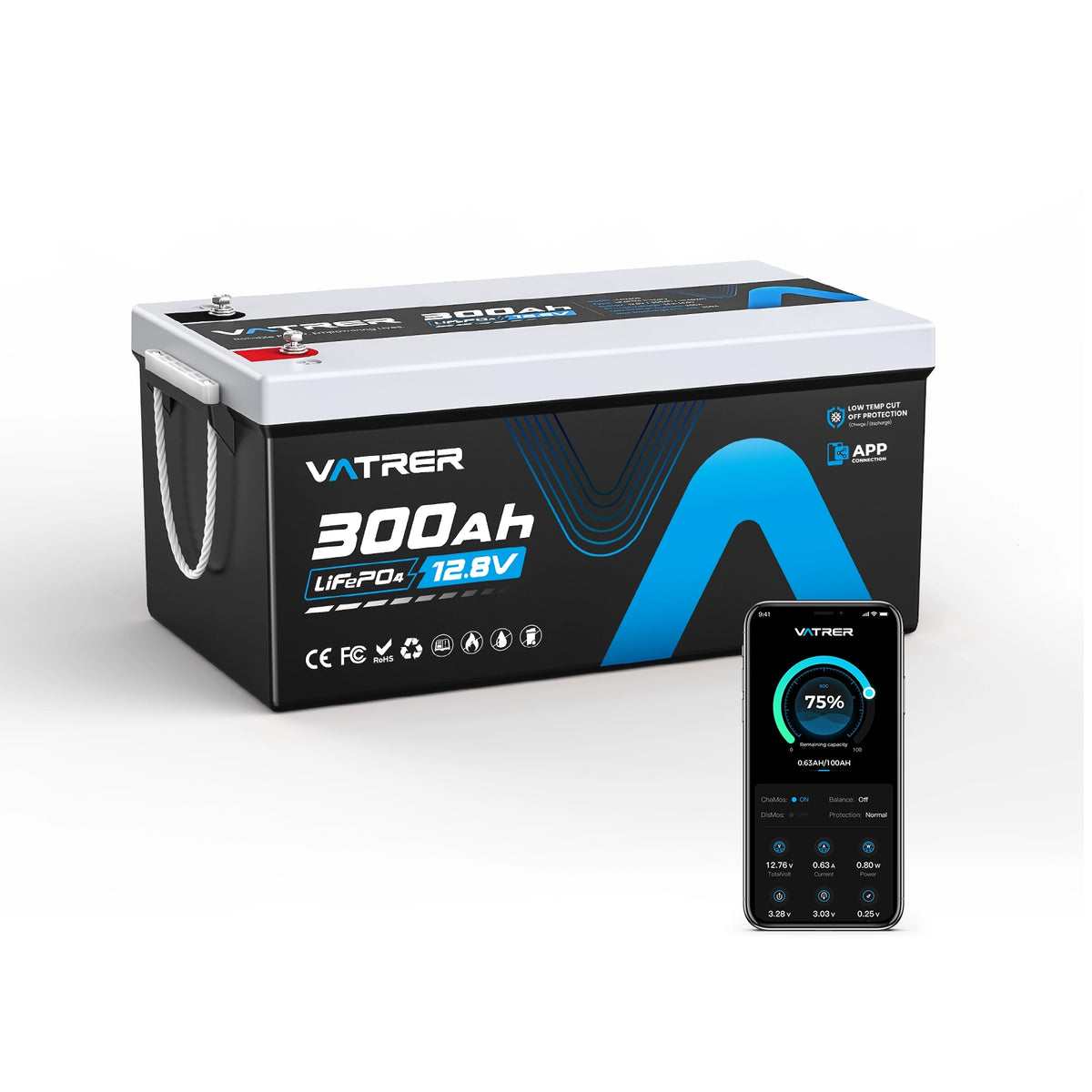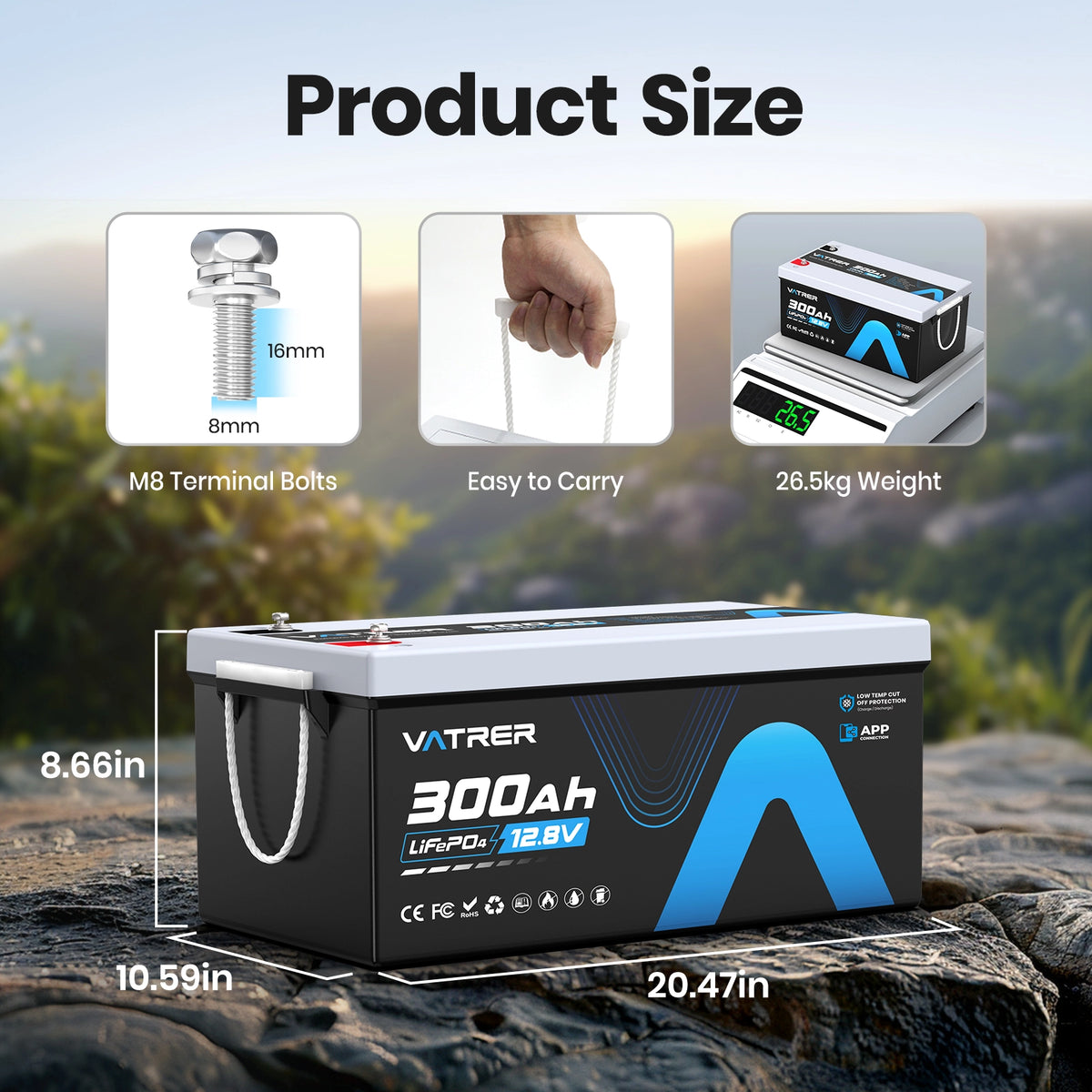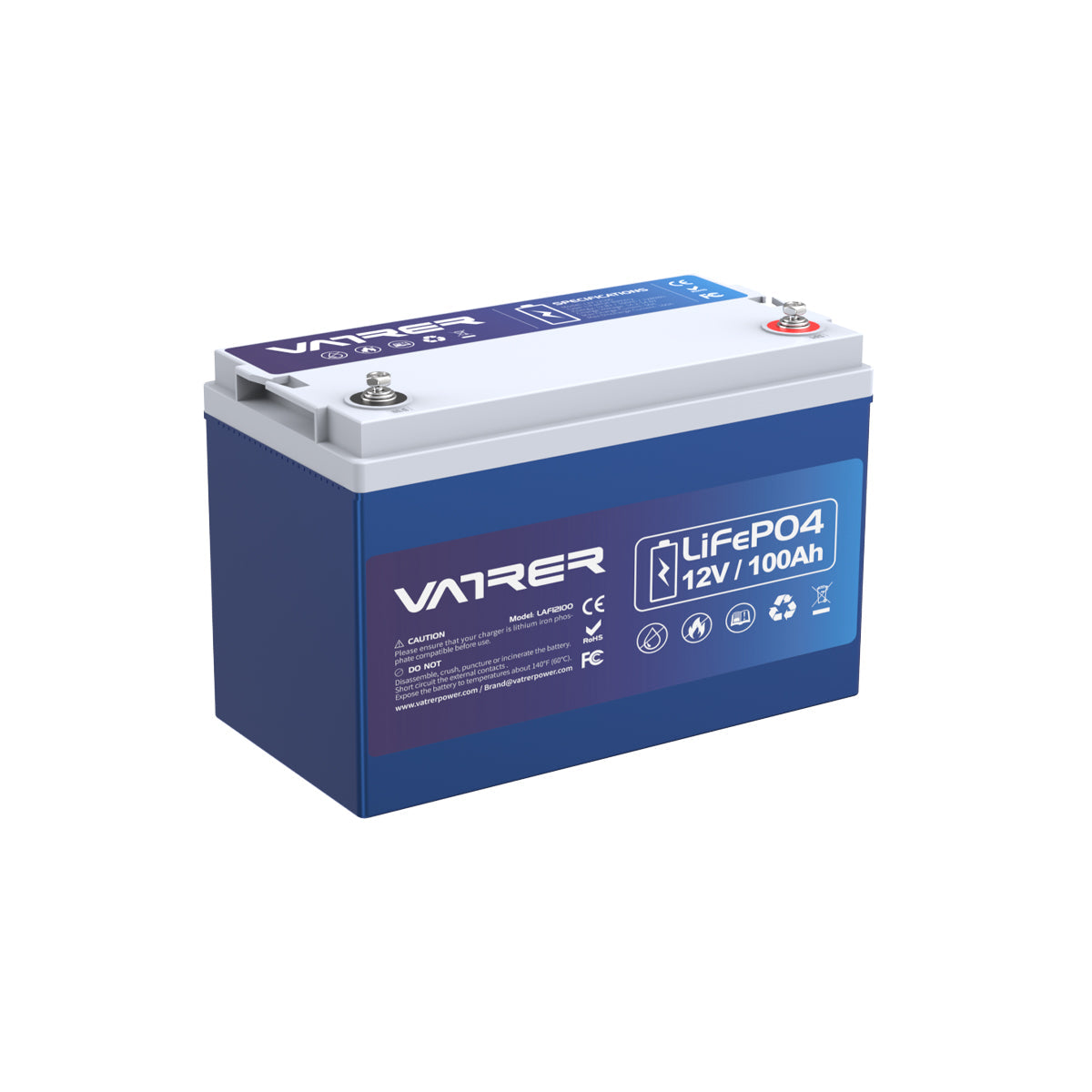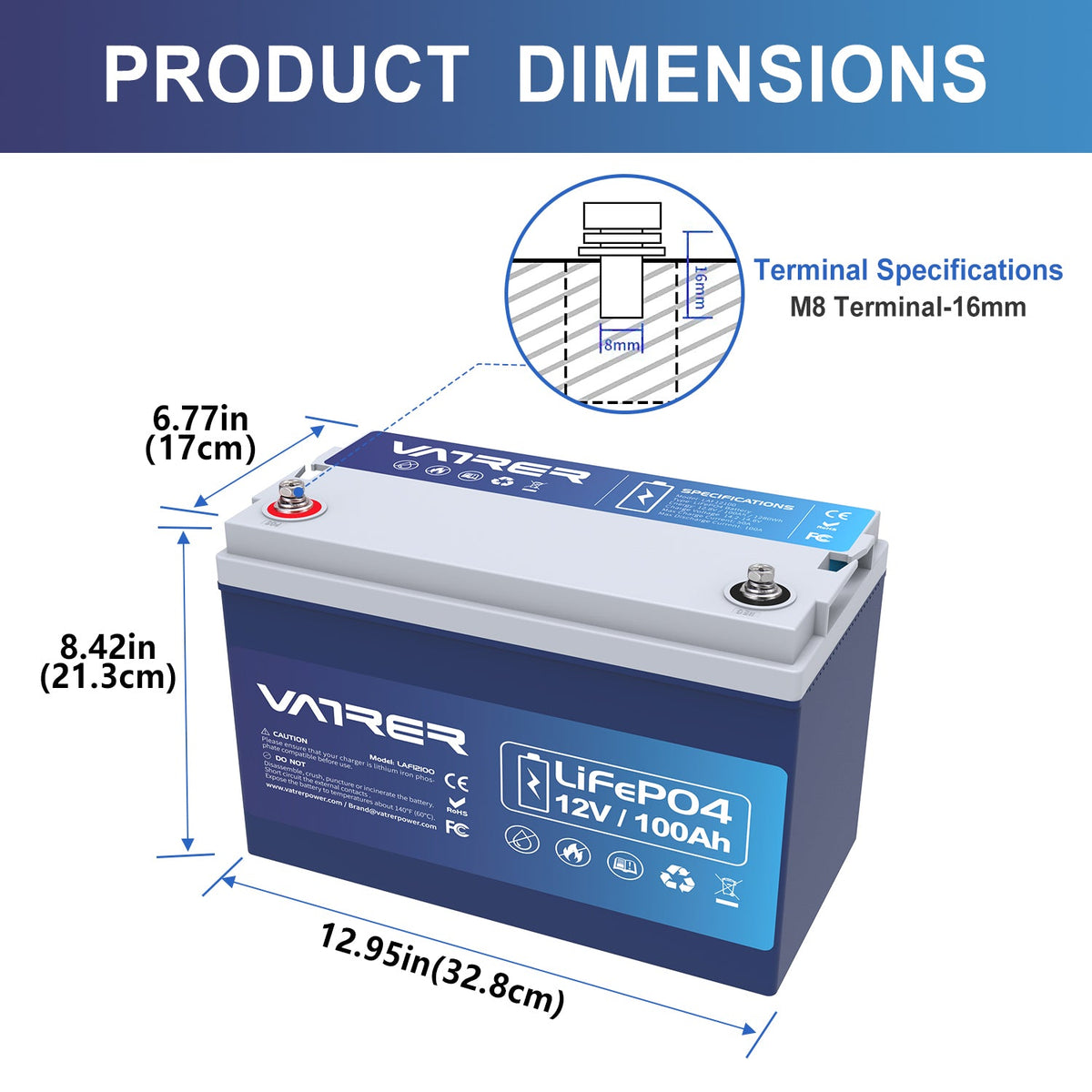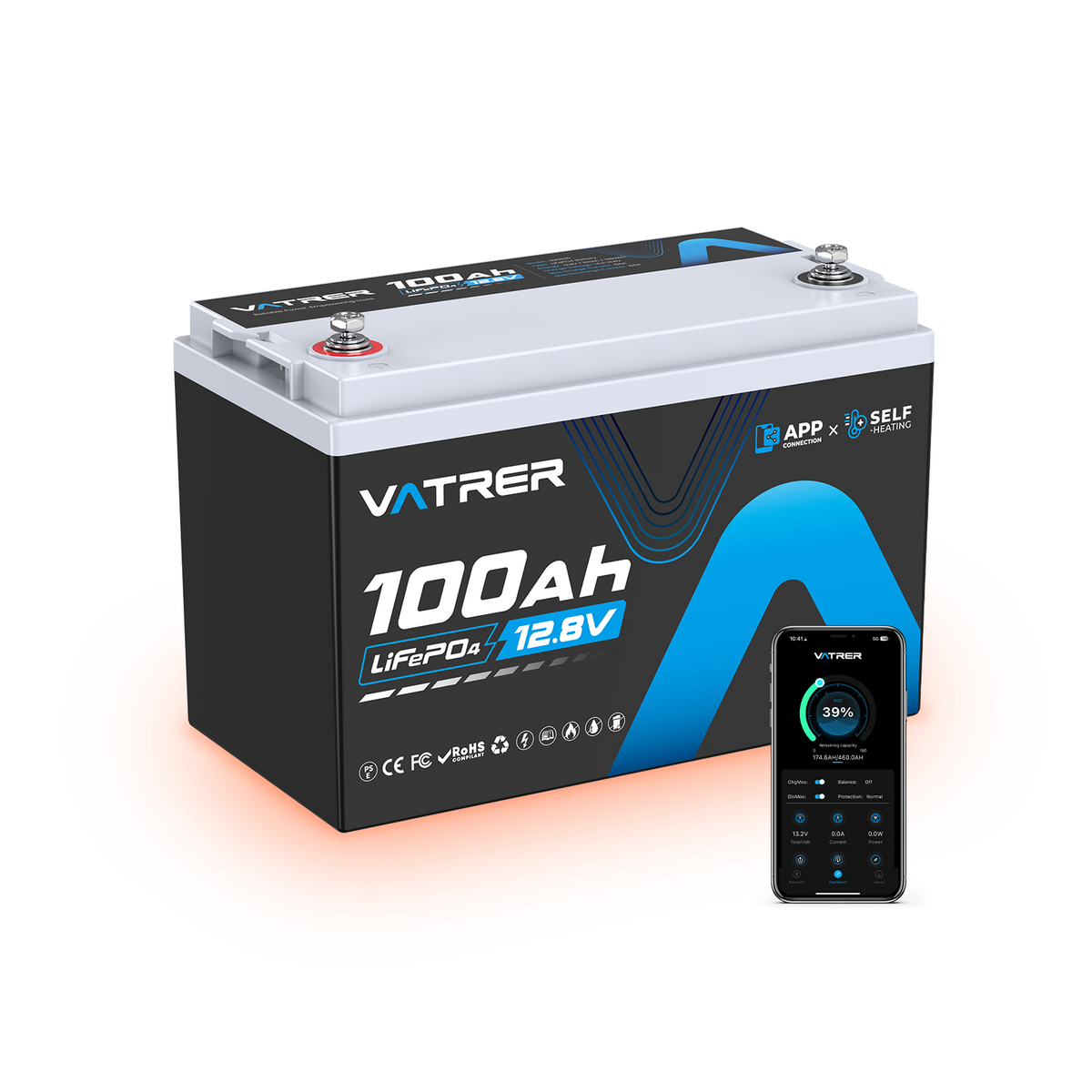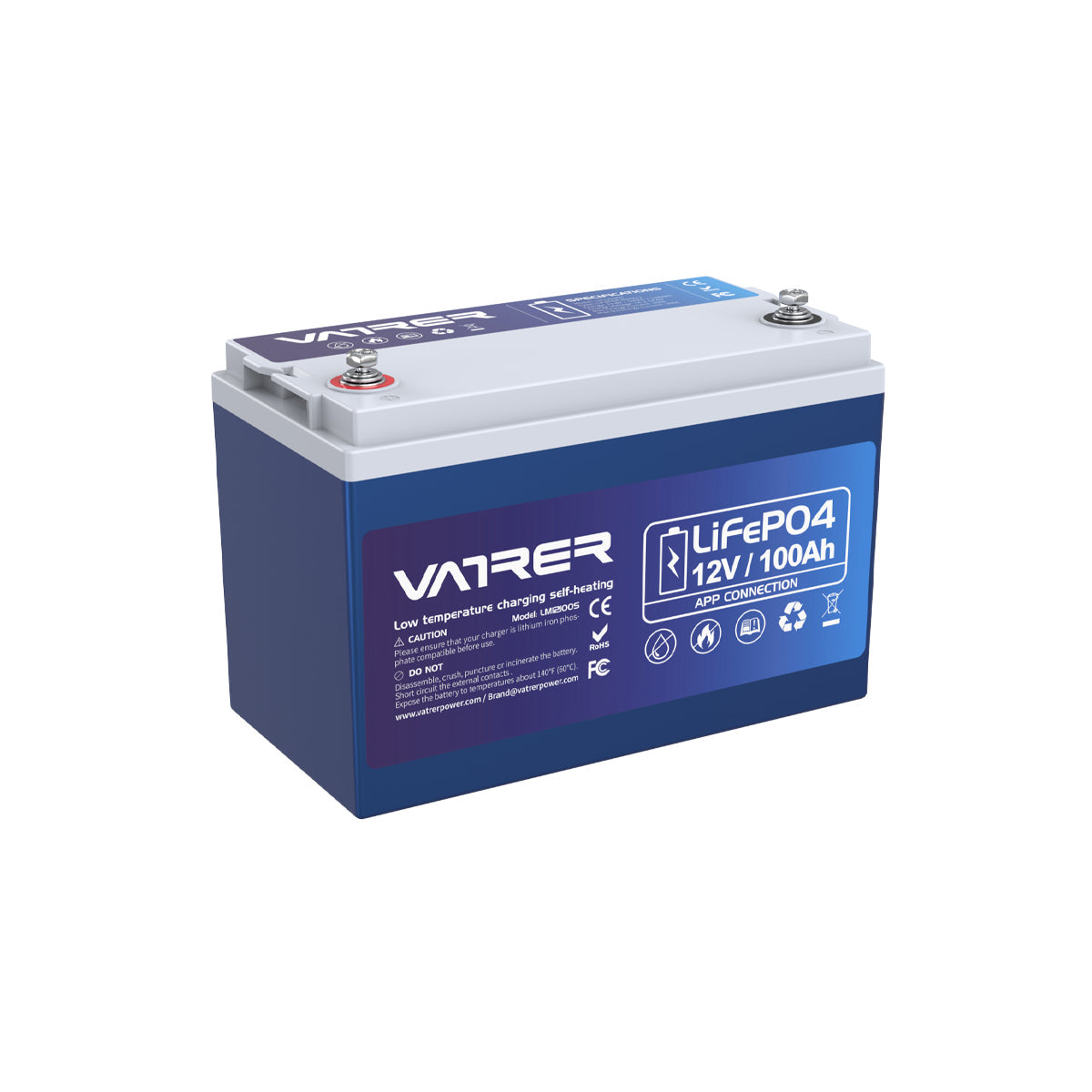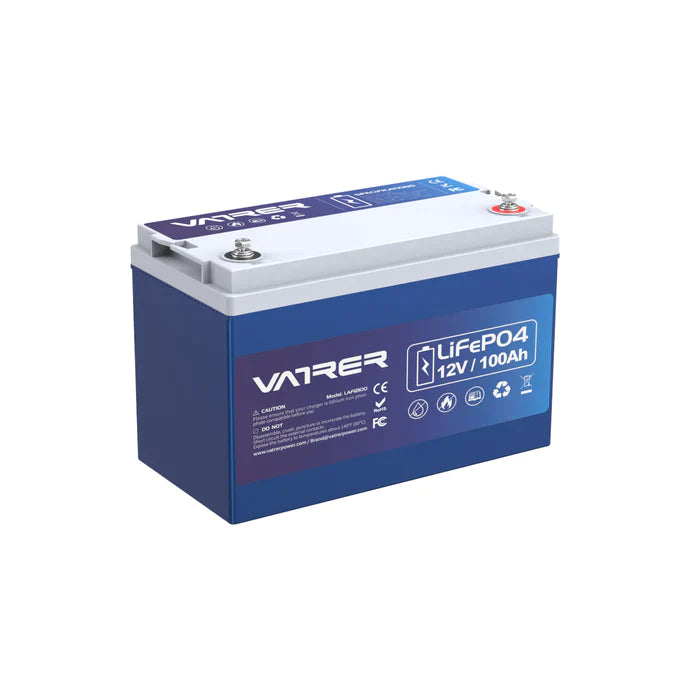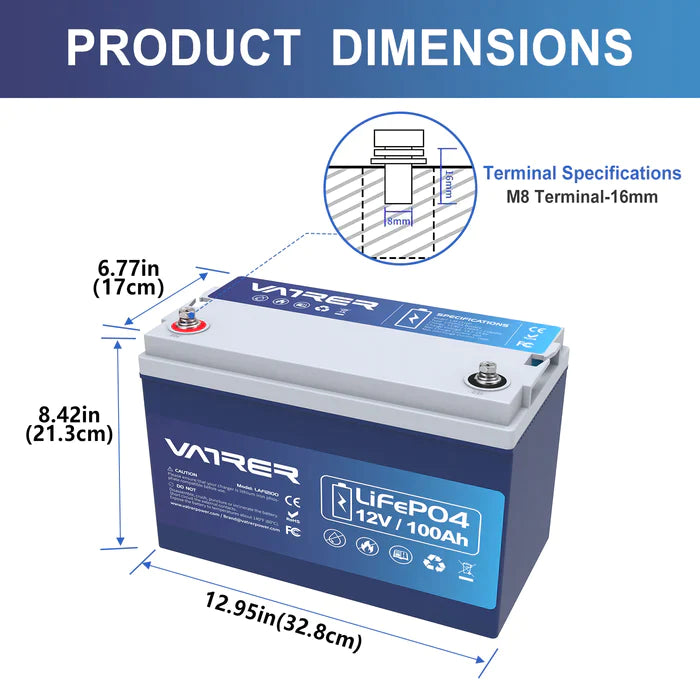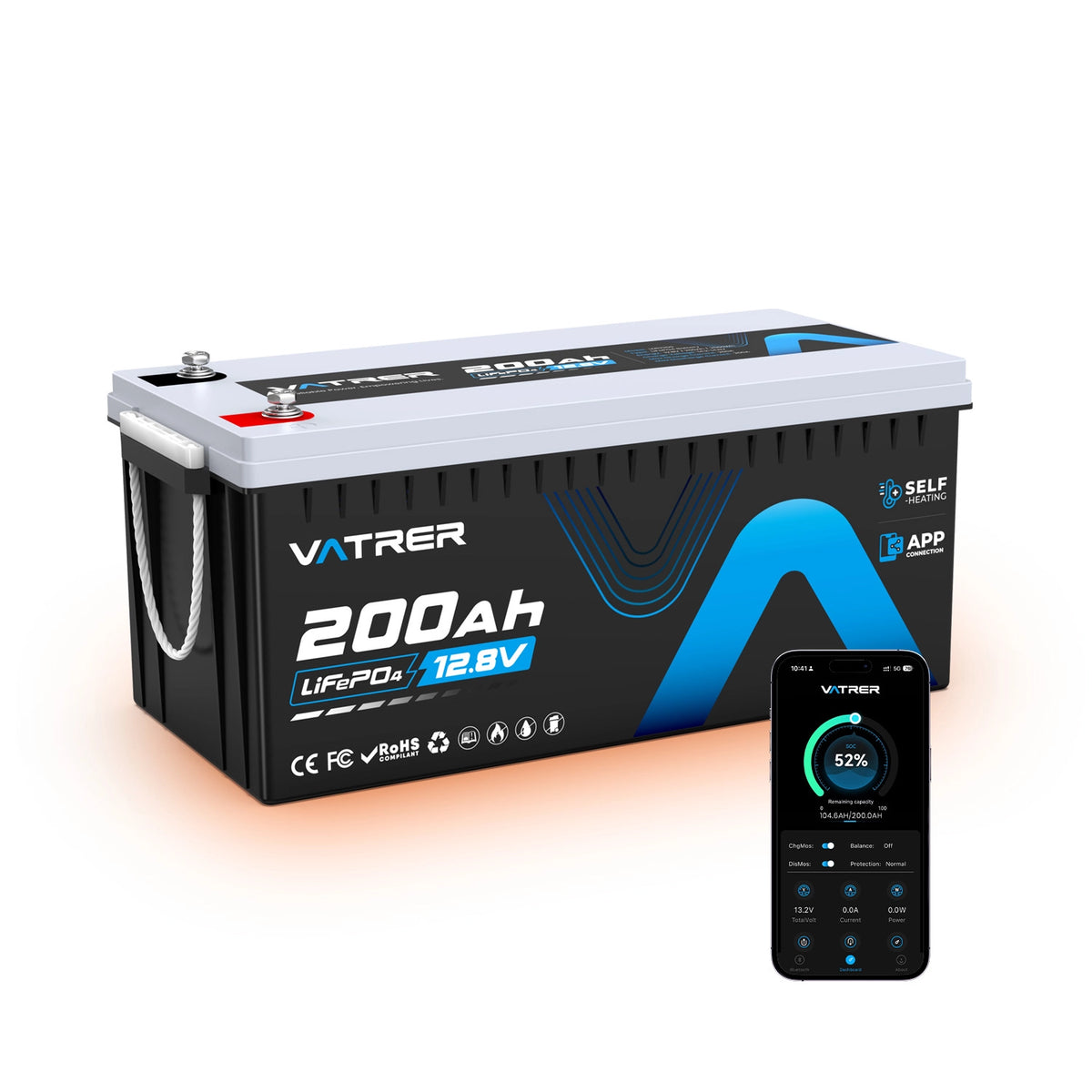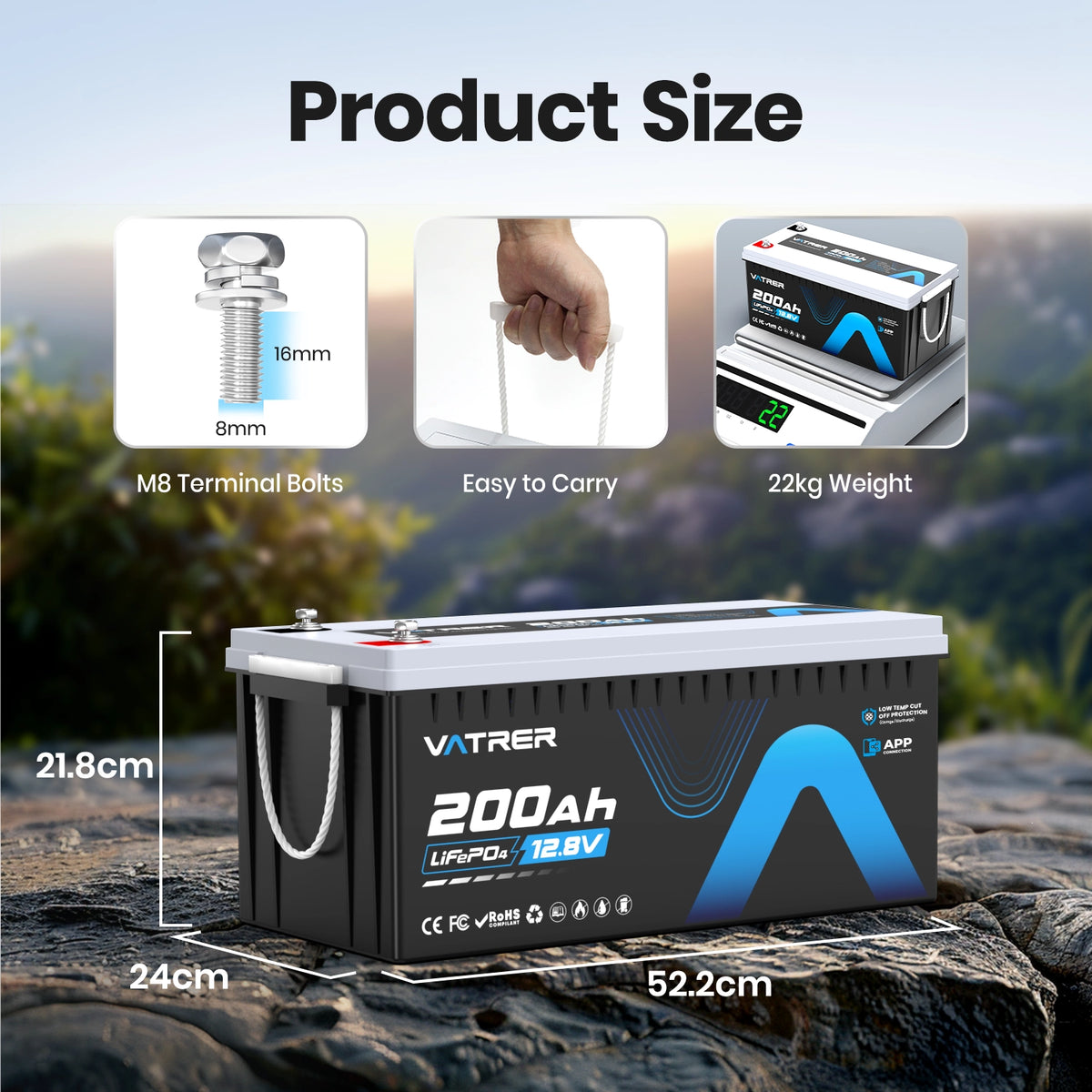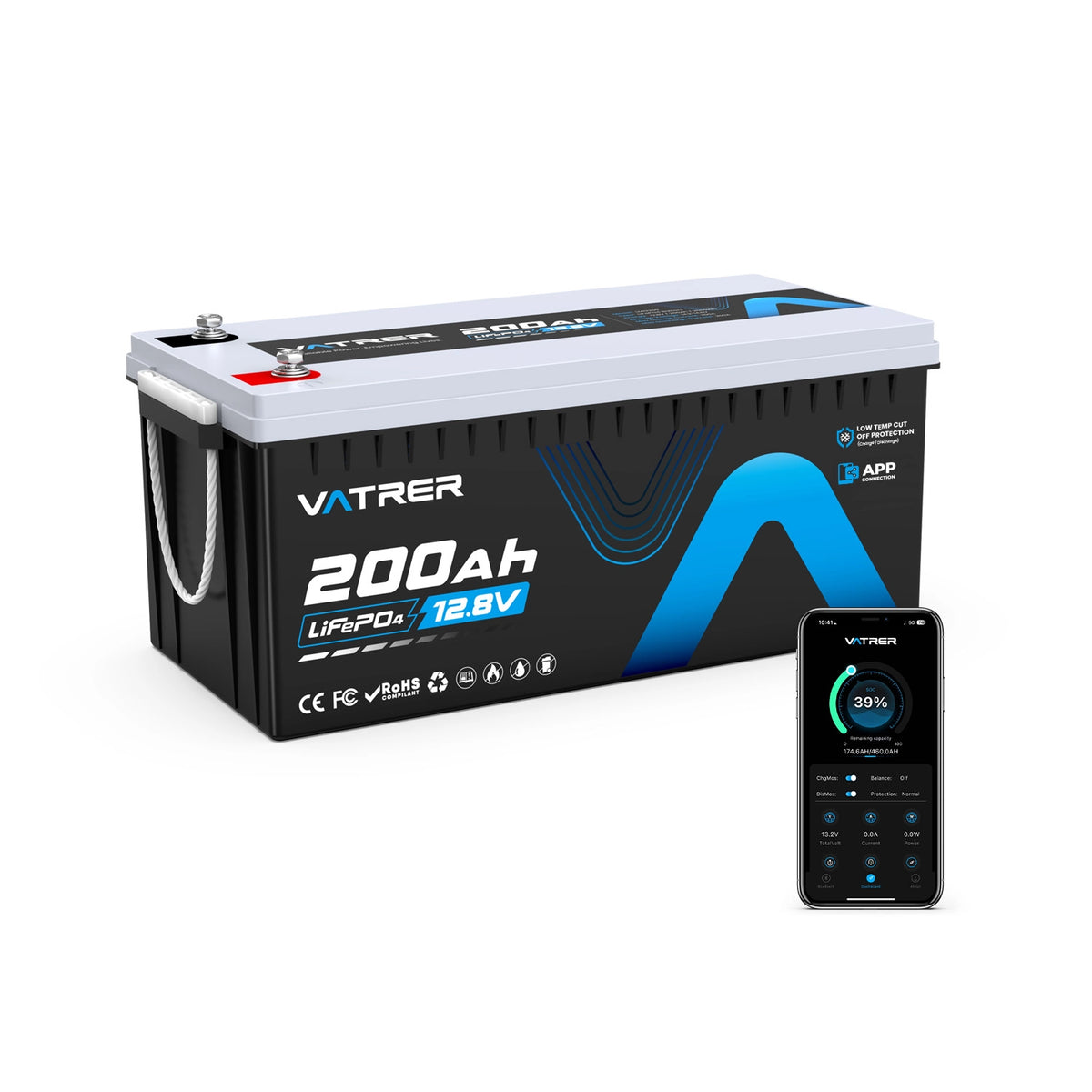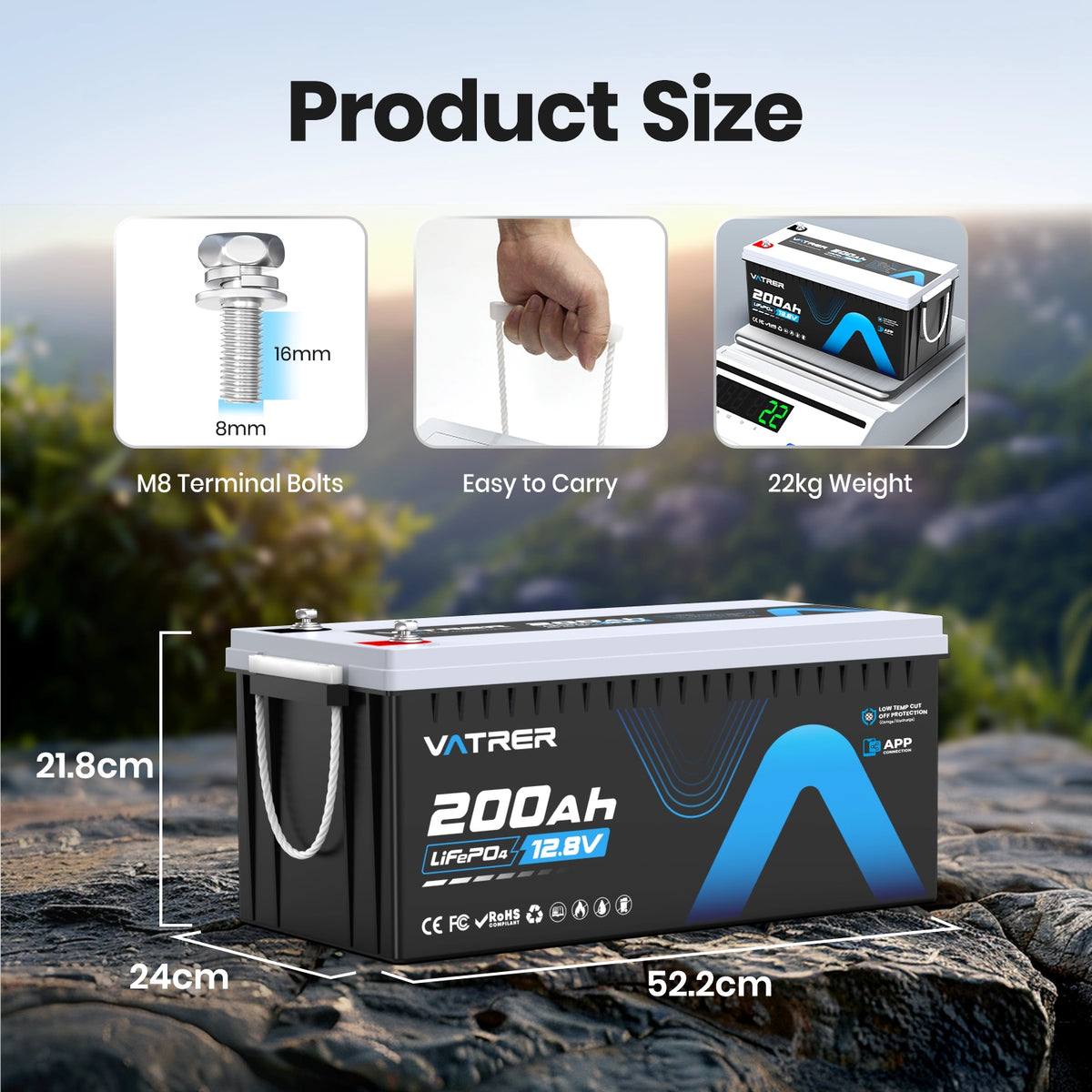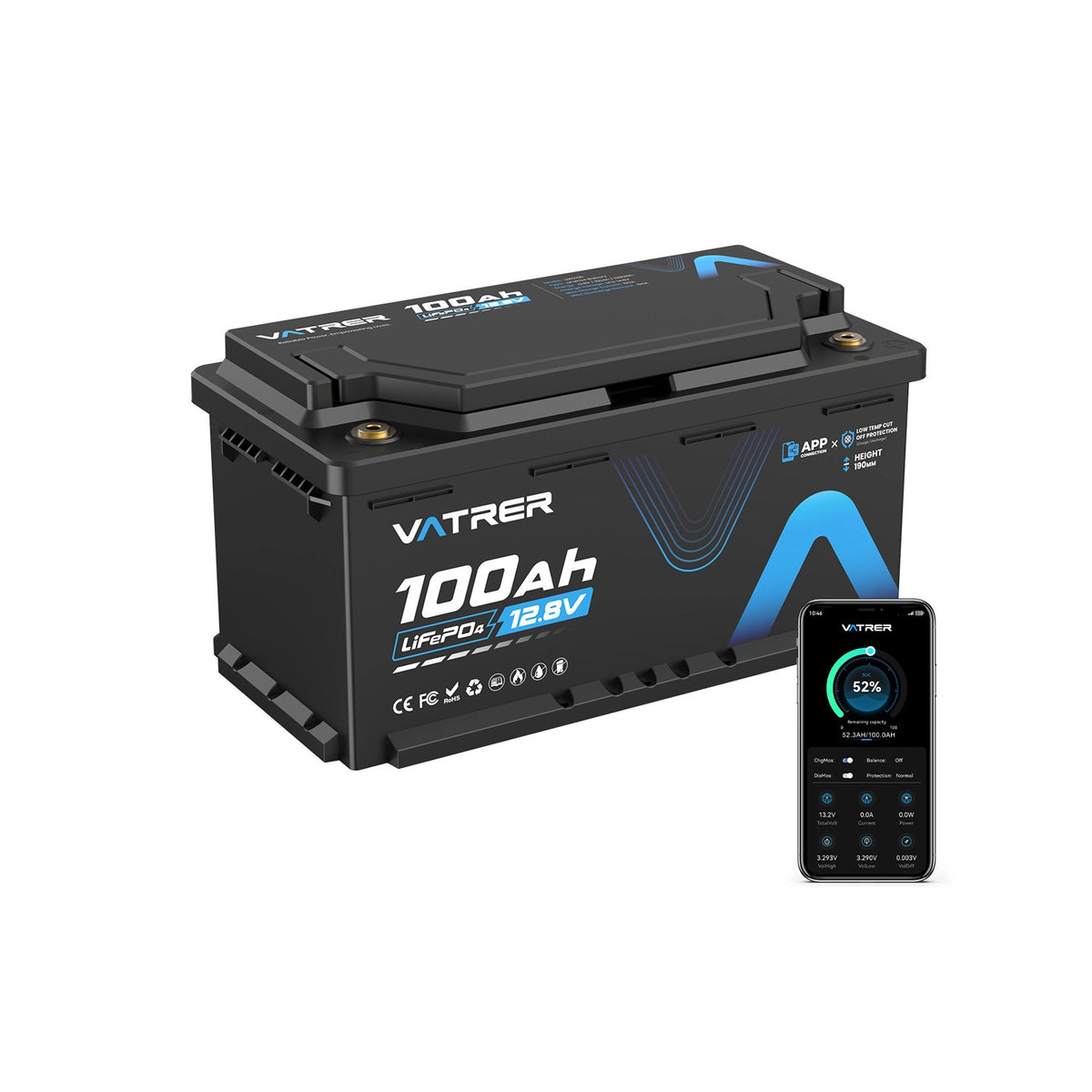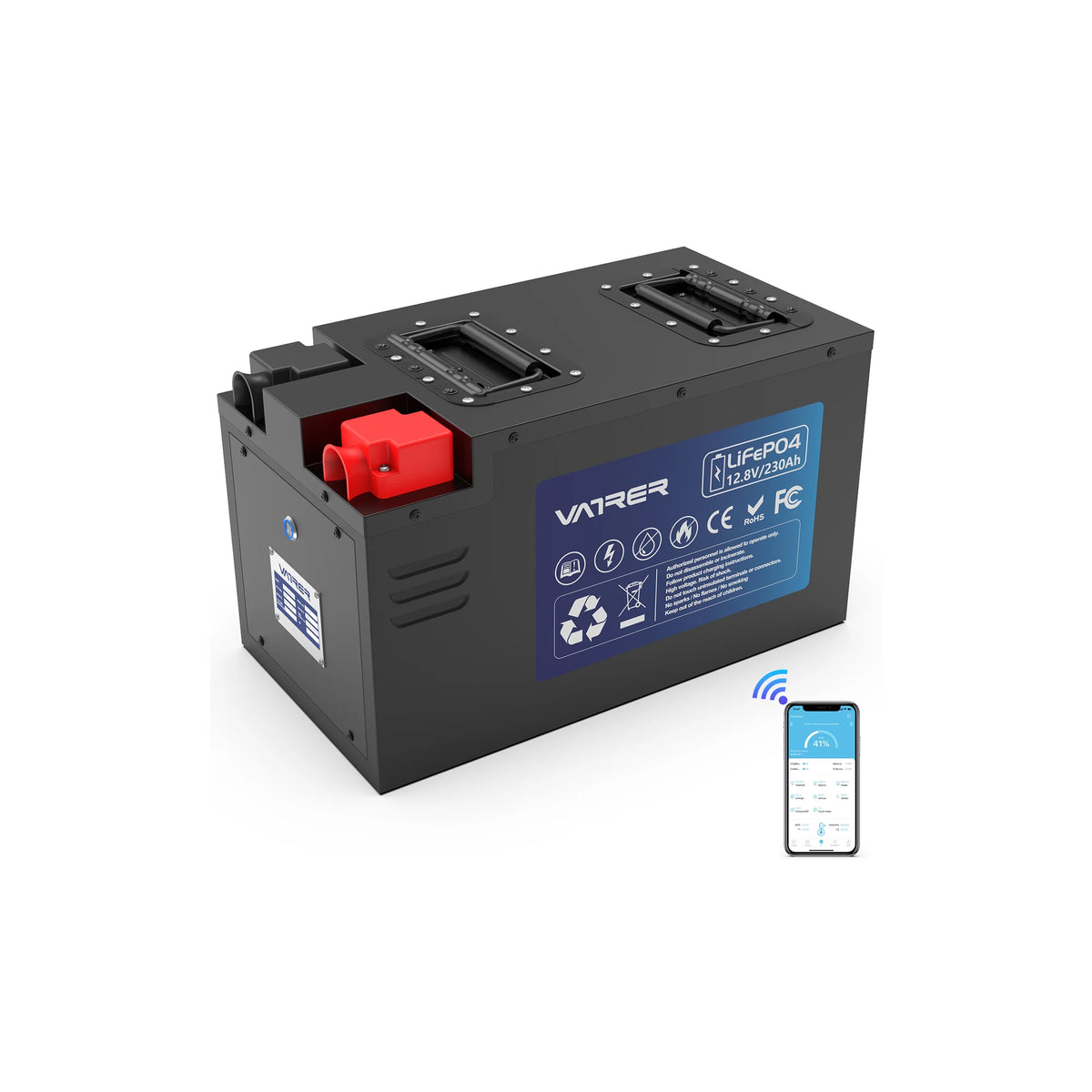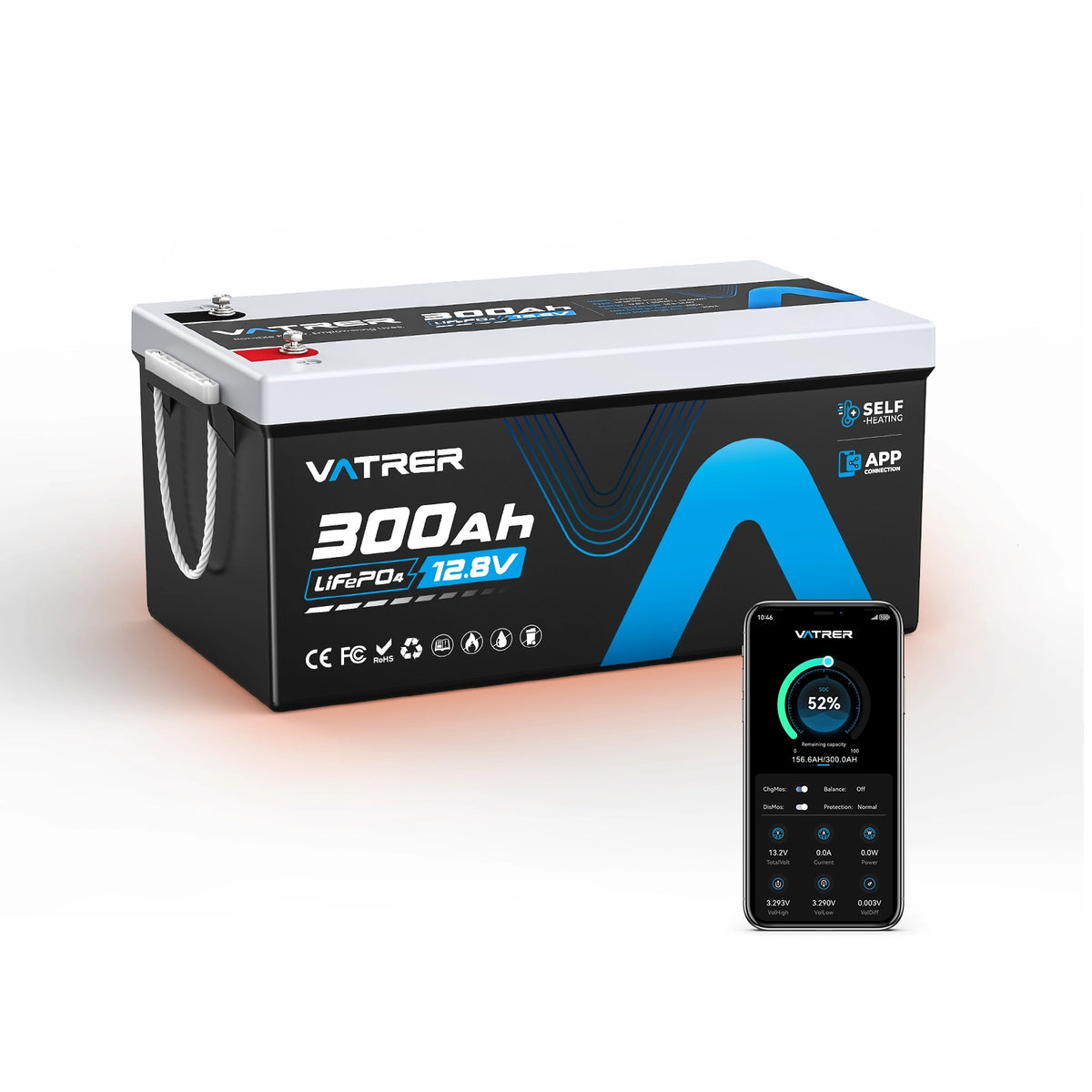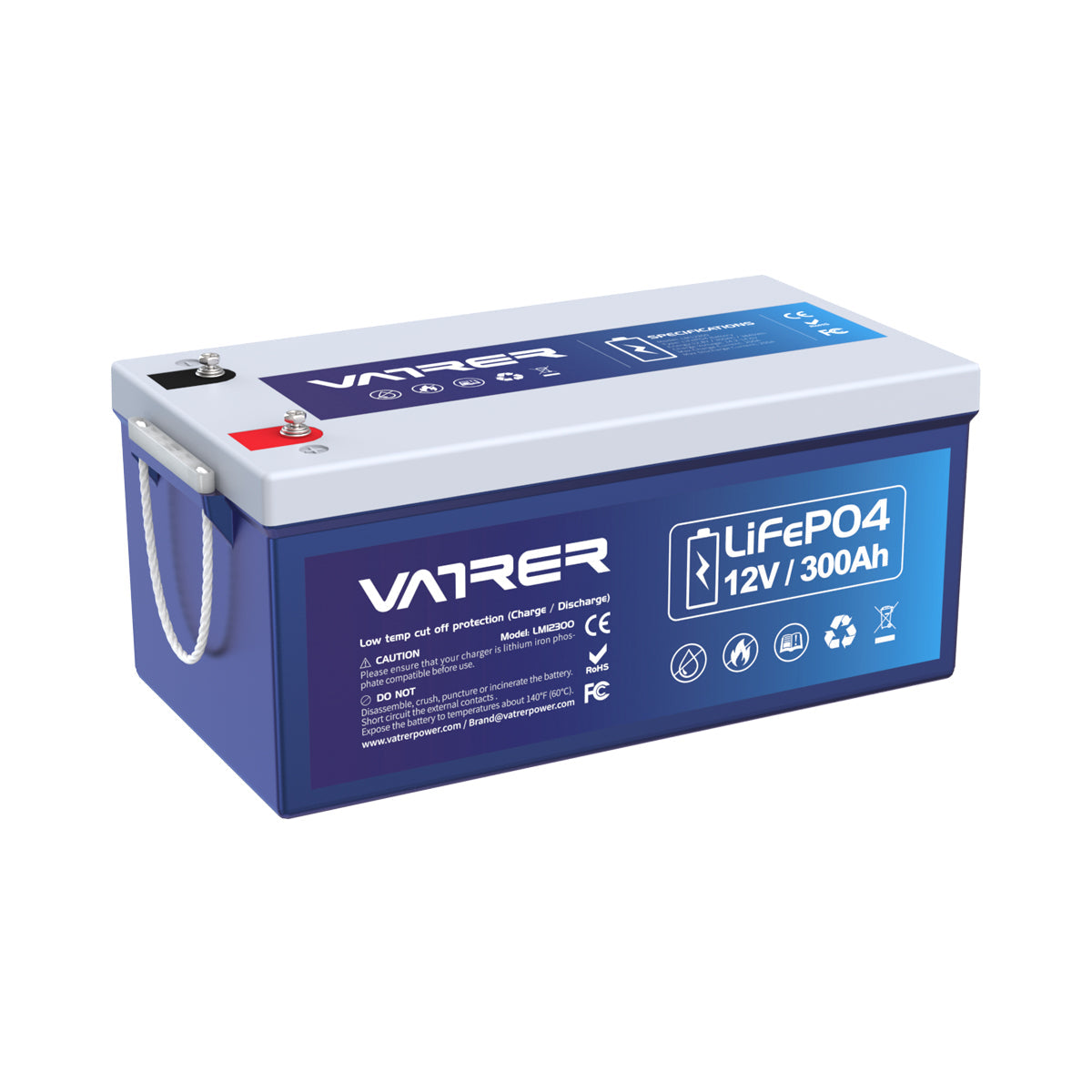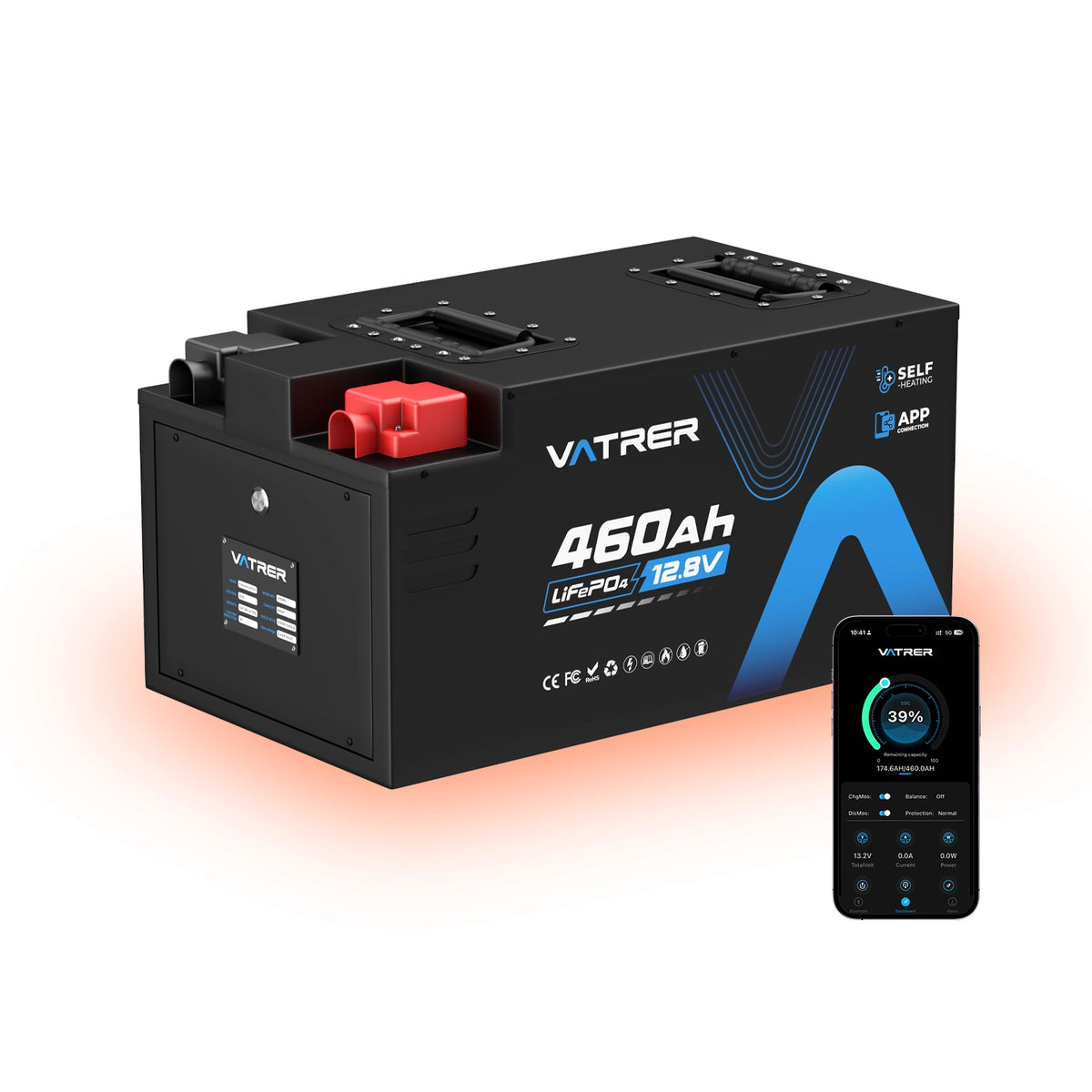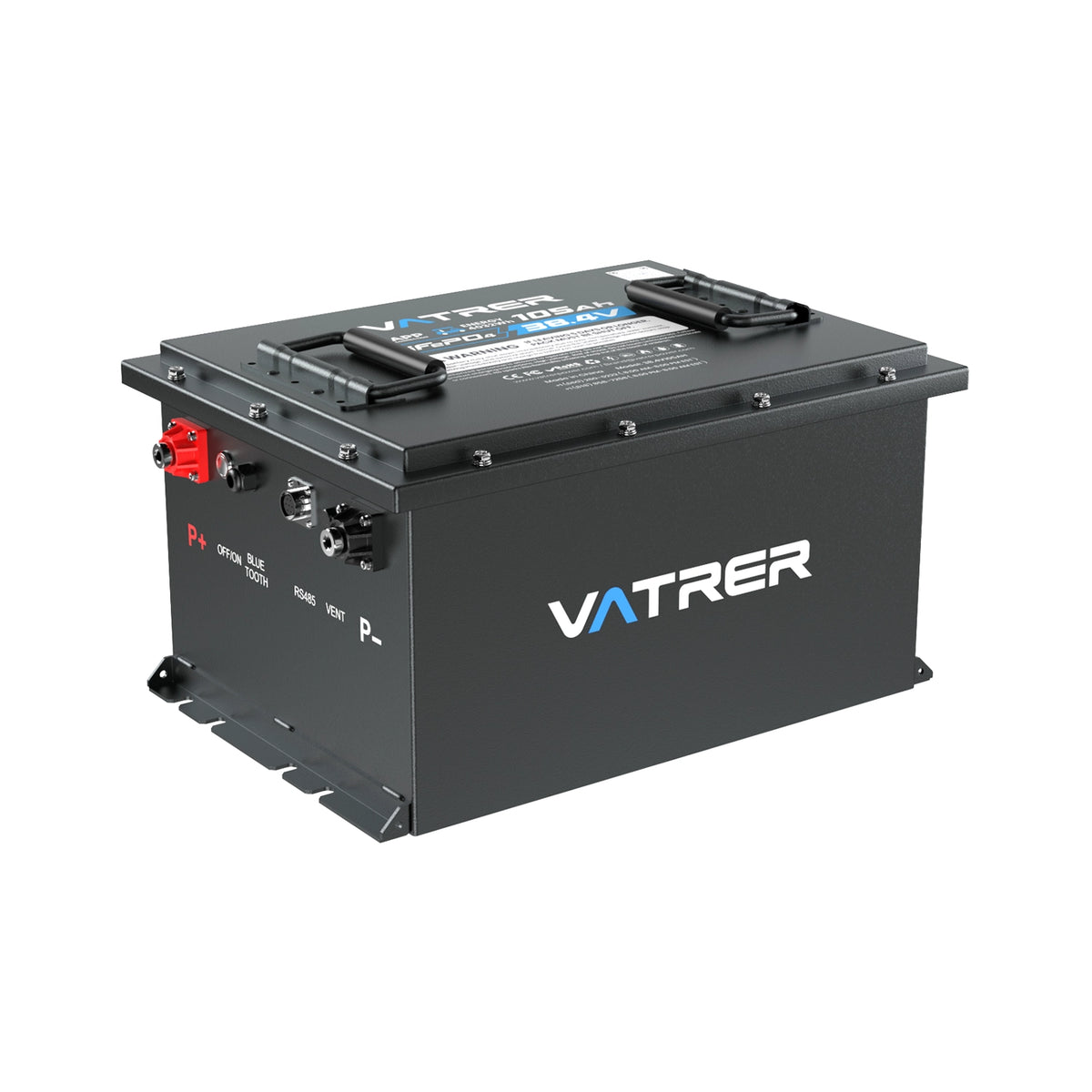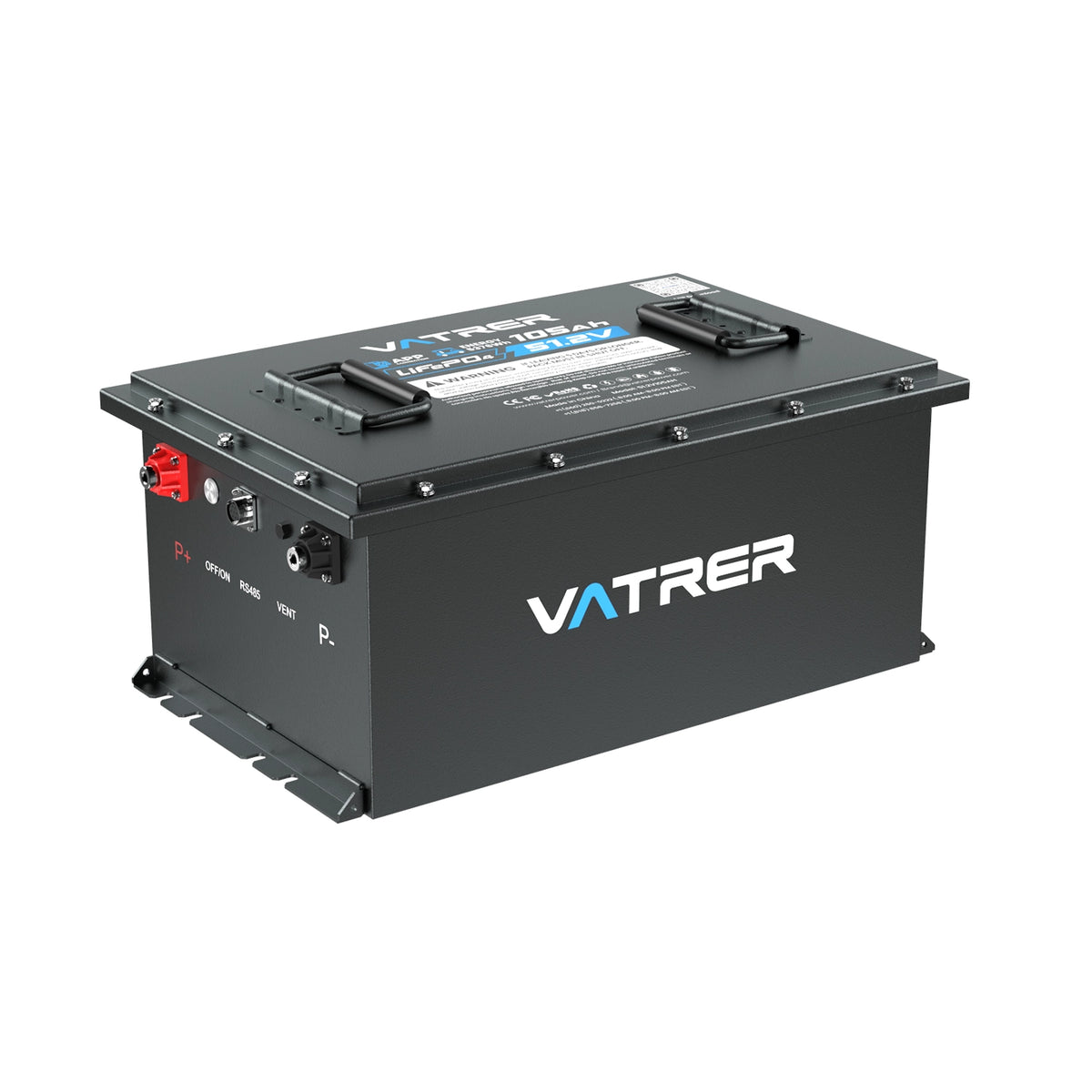Table of Contents
1. Introduction
Definition of Batteries
Batteries are electrochemical devices that store and release electrical energy through chemical reactions. They are essential components in modern technology, powering everything from small household gadgets to large industrial machines. Batteries are categorized into primary (non-rechargeable) and secondary (rechargeable) types, each serving different purposes based on their chemical composition and design.
Importance of Understanding Battery Types
Understanding the differences between various battery types is crucial for selecting the right power source for specific applications. This knowledge helps in optimizing performance, ensuring safety, and minimizing costs. With the increasing reliance on portable and renewable energy solutions, the choice of battery technology has become more significant than ever.
2. Overview of Regular Batteries
Types of Regular Batteries
Regular batteries, often referred to as conventional batteries, include several types, with alkaline and lead-acid being the most common.
-
Alkaline Batteries: These are primary batteries that use zinc and manganese dioxide as electrodes, with an alkaline electrolyte. They are widely used in household devices like remote controls, flashlights, and toys due to their affordability and availability.
-
Lead-Acid Batteries: These are secondary batteries commonly used in automotive and industrial applications. They consist of lead dioxide and sponge lead electrodes submerged in a sulfuric acid electrolyte. Known for their reliability and ability to deliver high surge currents, lead-acid batteries are prevalent in car batteries and backup power systems.
Common Uses and Applications
Regular batteries are used in a variety of applications depending on their type. Alkaline batteries are ideal for low-drain devices, while lead-acid batteries are suited for high-power applications requiring a stable power supply. Their widespread use is attributed to their cost-effectiveness and established technology.
3. Overview of Lithium Batteries
Types of Lithium Batteries
Lithium batteries are a diverse group, with lithium-ion and lithium-polymer being the most prominent types.
-
Lithium-Ion Batteries: These are rechargeable batteries that use lithium compounds as the cathode and carbon as the anode. They are known for their high energy density and are commonly used in portable electronics, electric vehicles, and renewable energy systems.
-
Lithium-Polymer Batteries: Similar to lithium-ion, these batteries use a polymer electrolyte instead of a liquid one. They offer a flexible form factor and are used in applications where weight and size are critical, such as in drones and wearable technology.
Common Uses and Applications
Lithium batteries are favored in applications requiring high energy density, lightweight, and long cycle life. They power a wide range of devices, from smartphones and laptops to electric vehicles and grid storage systems, making them integral to modern technology.
4. Key Differences
Chemical Composition
The primary difference between lithium and regular batteries lies in their chemical composition. Alkaline batteries use zinc and manganese dioxide, while lead-acid batteries use lead and sulfuric acid. In contrast, lithium batteries use lithium compounds, which allow for higher energy storage and efficiency.
Energy Density and Efficiency
Lithium batteries have a significantly higher energy density compared to regular batteries. This means they can store more energy in a smaller and lighter package, making them ideal for portable and space-constrained applications. Their efficiency in energy conversion also surpasses that of regular batteries, leading to longer runtimes and better performance.
Lifespan and Durability
Lithium batteries generally have a longer lifespan and can endure more charge-discharge cycles than regular batteries. For instance, lithium-ion batteries can last for several years with thousands of cycles, whereas lead-acid batteries typically last for a few hundred cycles. This durability makes lithium batteries more cost-effective over time despite their higher initial cost.
Cost and Economic Considerations
While lithium batteries are more expensive upfront, their longer lifespan and superior performance often justify the cost in long-term applications. Regular batteries, particularly alkaline, are cheaper and more accessible, making them suitable for short-term or low-power applications.
Environmental Impact
Lithium batteries are considered more environmentally friendly due to their longer lifespan and higher efficiency, which reduce waste. However, the extraction and processing of lithium can have environmental impacts. Regular batteries, especially lead-acid, pose significant environmental risks due to the toxic materials involved, necessitating careful disposal and recycling.
5. Performance Comparison
Voltage and Power Output
Lithium batteries typically offer higher voltage outputs than regular batteries. For example, a lithium-ion cell provides about 3.7 volts, compared to 1.5 volts from an alkaline cell. This higher voltage is beneficial for high-performance devices that require more power.
Rechargeability and Cycle Life
Lithium batteries are predominantly rechargeable, with a high cycle life, making them suitable for applications where frequent recharging is necessary. Regular batteries like alkaline are non-rechargeable, while lead-acid batteries, though rechargeable, have a shorter cycle life compared to lithium batteries.
6. Practical Considerations
Choosing the Right Battery for Specific Applications
Selecting the appropriate battery depends on the specific requirements of the application. For high-drain, long-term use, lithium batteries are preferable. For low-drain, short-term use, regular batteries may suffice. Considerations include energy needs, cost, size, weight, and environmental impact.
Safety and Handling
Lithium batteries require careful handling due to their high energy density and potential for thermal runaway. Proper charging and storage are essential to prevent accidents. Regular batteries, while generally safer, still require appropriate disposal to avoid environmental harm.
7. Conclusion
Summary of Key Points
Lithium batteries offer higher energy density, longer lifespan, and better efficiency compared to regular batteries, making them suitable for modern, high-performance applications. Regular batteries, while less advanced, remain relevant for their cost-effectiveness and simplicity in low-power applications.
Future Trends in Battery Technology
The future of battery technology is likely to see further advancements in lithium-based systems, with ongoing research into improving energy density, reducing costs, and minimizing environmental impact. Emerging technologies, such as solid-state batteries, promise even greater performance and safety, potentially revolutionizing the energy storage landscape.
In conclusion, understanding the differences between lithium and regular batteries is essential for making informed decisions in both consumer and industrial applications. As technology evolves, the role of batteries will continue to expand, driving innovation and sustainability in energy storage solutions.






